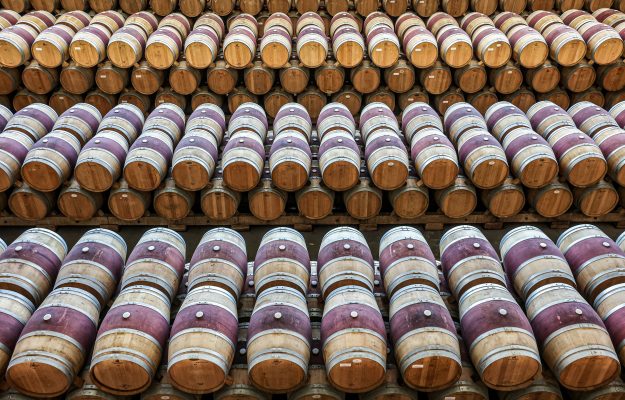According to many producers interviewed by WineNews in recent days, the Italian wine market in 2023 has not started badly, after the record of exports in value in 2022 (but at stable volumes), but it has also not started with a bang. Inflation, the effects of the war, and the loss of purchasing power are all having an impact, and as all studies on the subject have shown, wine, now a voluptuous good as well as an identity for Italians, is among those most vulnerable to price cuts. And in their own way, these sensations seem to be confirmed by the data of the Cantina Italia report of the ICQRF, on data from the electronic wine registers (which cover at least 95% of the wines and musts held in Italy), according to which, as of 28 February 2022, 60.3 million hectoliters of the product were stored in Italian cellars, 5.1% more than on the same date in 2022, to which must be added 7 million hectoliters of must and 244,000 hectoliters of new wine still in fermentation. A figure to consider, in light of a 2022 harvest of 50 million hectoliters, up from 2021, according to Assoenologi, Unione Italiana Vini (Uiv), and Ismea estimates. Looking at the data, for the rest, only confirmations arrive: over half of the Italian wine is held by the Northern Regions, and by Veneto in the first place (with 15 million hectoliters, of which 5.6 of Prosecco Doc), with the first 20 between DOP and IGP out of the total 526 which, alone, add up to 59% of the total stocks. Which, 51.7%, are made from DOP wines, and 27.2% from IGP wines.
Copyright © 2000/2026
Contatti: info@winenews.it
Seguici anche su Twitter: @WineNewsIt
Seguici anche su Facebook: @winenewsit
Questo articolo è tratto dall'archivio di WineNews - Tutti i diritti riservati - Copyright © 2000/2026







































































































































































































